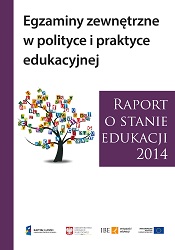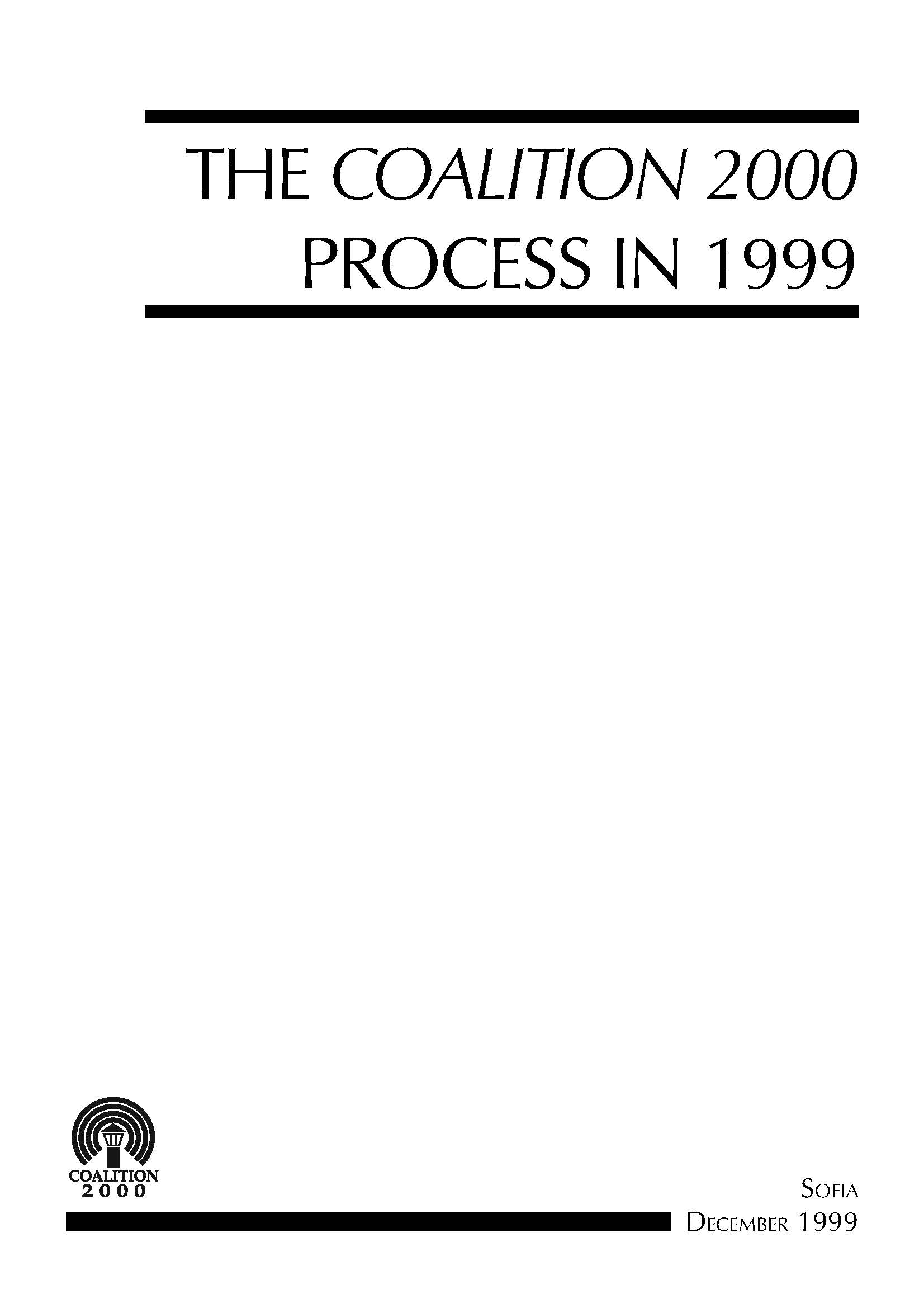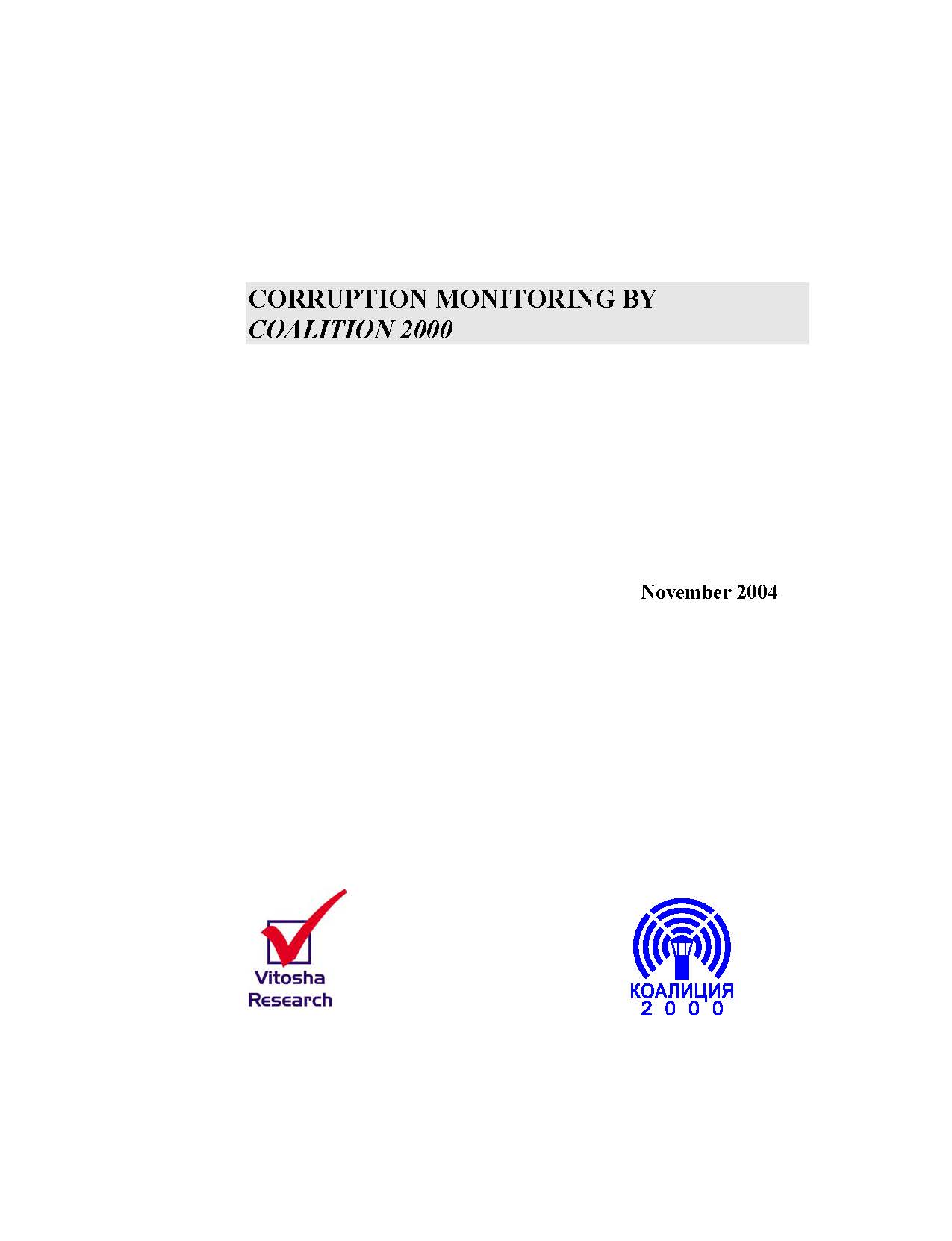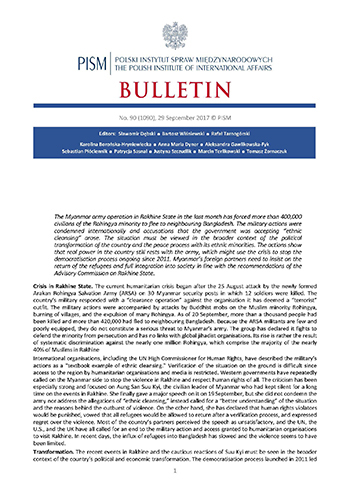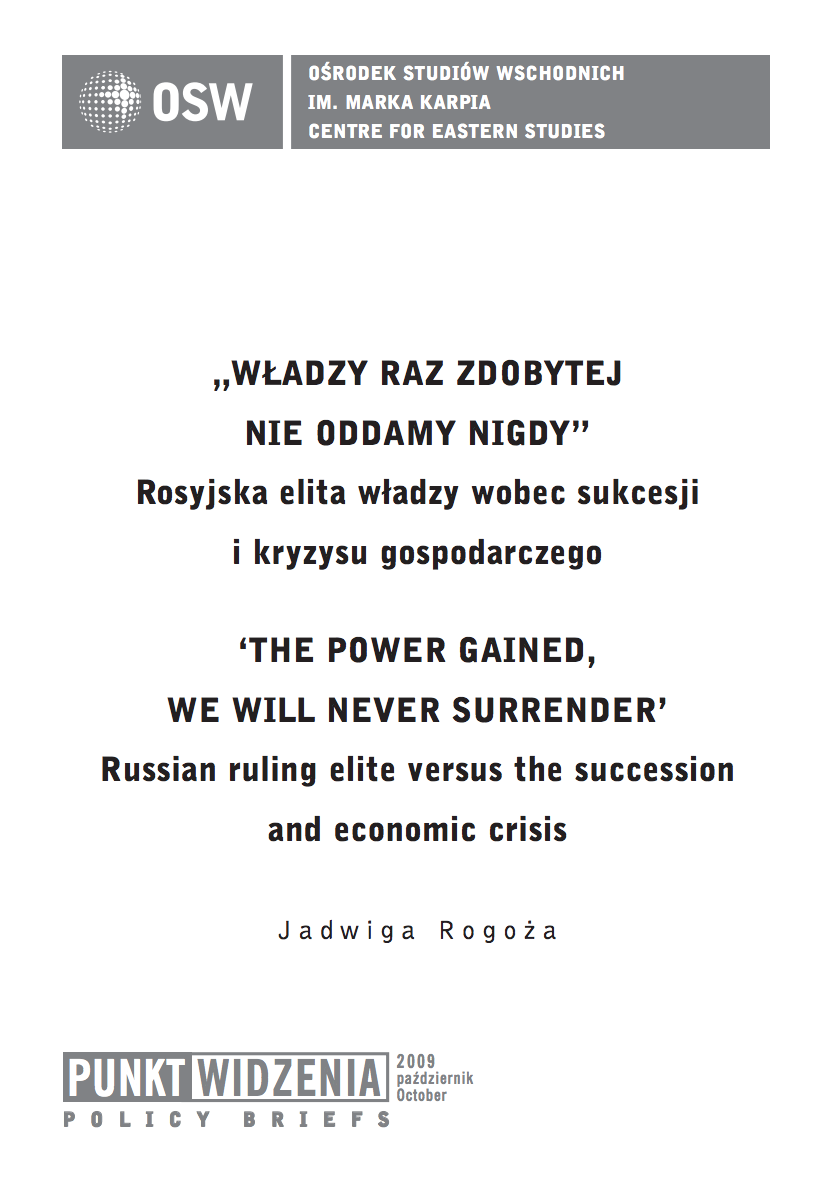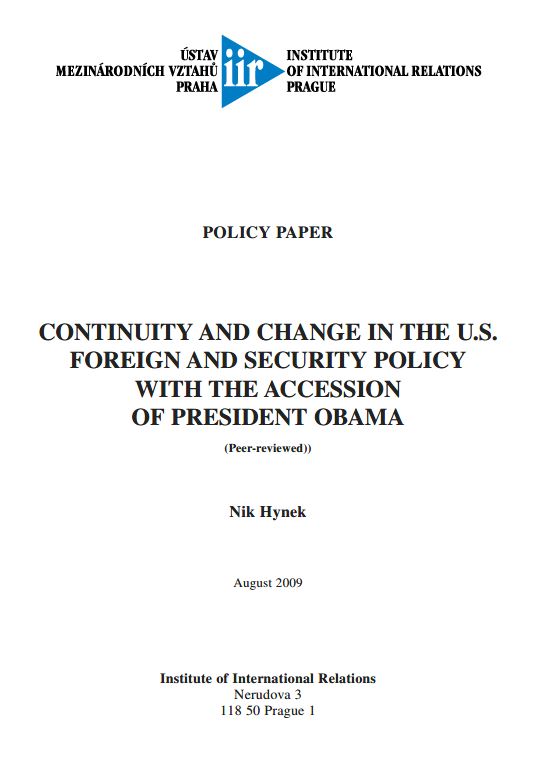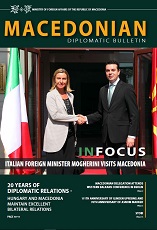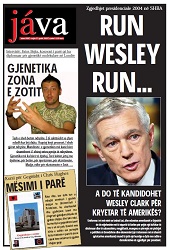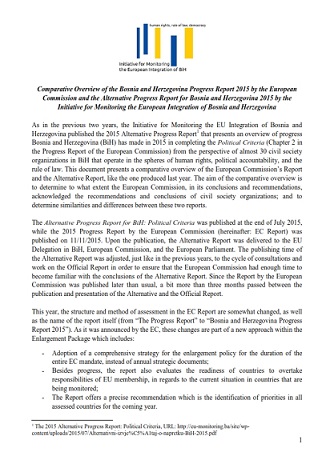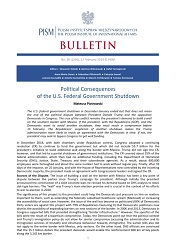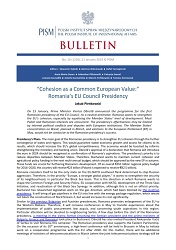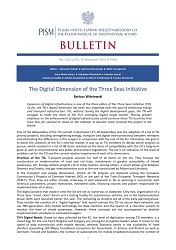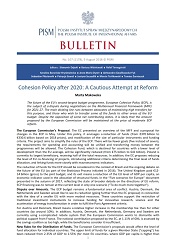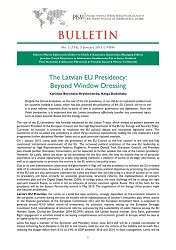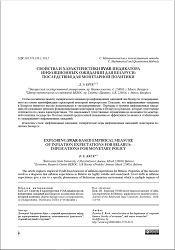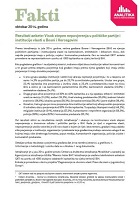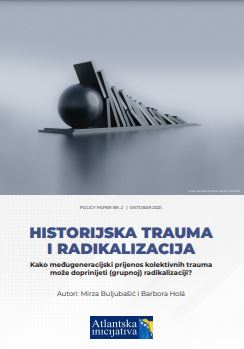
CSD Policy Brief No. 02: Anti-Corruption Reforms in the Judiciary
CSD Policy Brief No. 02: Anti-Corruption Reforms in the Judiciary
Keywords: Corruption;
In the first week of October 2003, the Center for the Study of Democracy published the Judicial Anti-Corruption Program (JACP), a policy paper developed with the support of the United Nations Development Programme. The JACP is the first document of its kind detailing a comprehensive agenda for reducing corruption within the judiciary and enhancing its efficiency in penalizing administrative and political corruption. The Program deals with the most significant constitutional, legislative and institutional aspects of anti-corruption measures in the judiciary and combines gap analysis with extensive policy recommendations. // The development of the JACP involved more than 30 eminent Bulgarian legal professionals, including magistrates, and resulted from the combined efforts of influential non-governmental organizations, representatives of state institutions, and experts. This approach reflects CSD’s long standing capacity to bring together various reform constituencies and allows the Program to draw on most of the suggestions provided by government agencies, NGOs, professional associations and media. The analysis and the proposals made are supported by the survey Corruption and Anti-Corruption: the Magistrates' Viewpoint carried out by Coalition 2000 and Vitosha Research. The survey, carried out among 454 magistrates from the whole country in the period April-May, 2003, using the methodology of the Coalition 2000 Corruption Monitoring System, was the first ever survey on corruption issues conducted among magistrates.
More...
